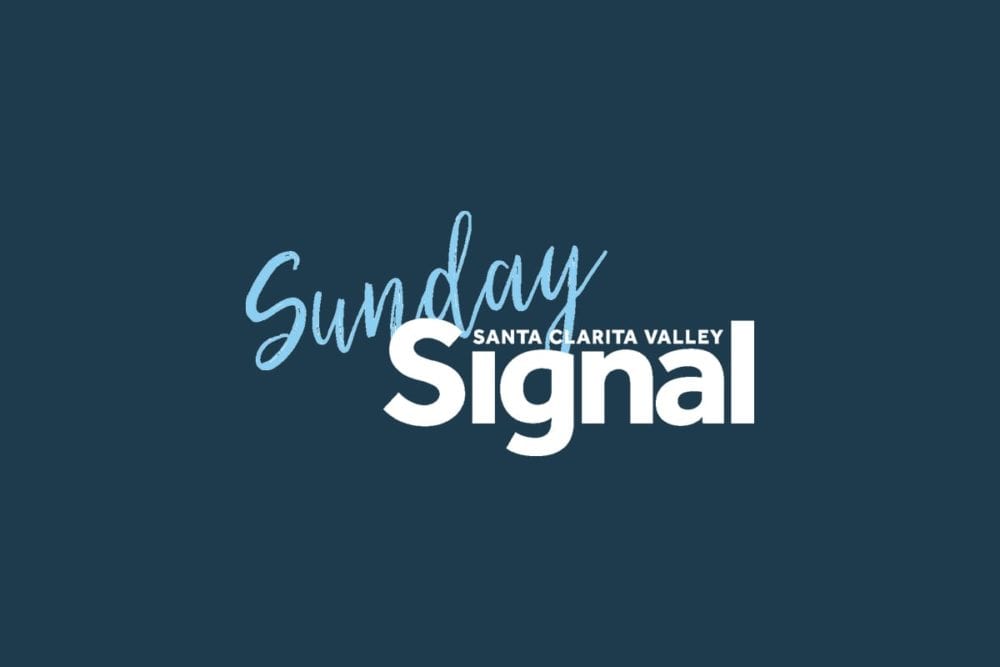The holidays are a time of coming together. While it might look different in 2020, it is even more critical this year to check on aging loved ones who may have been negatively affected by the isolation and loneliness during the ongoing pandemic.
But it can be difficult for us to recognize when our loved ones do need extra support. Whether we get busy or wish to show respect for our loved one’s wishes and independence, we don’t always recognize the signs when they need our help.
Because the signs often go unnoticed, only 10% of adults aging in place are receiving the care they needed. That’s why it’s important to maintain connections and be honest about the changes you’re seeing.
“We must check in on our aging loved ones to make sure they’re doing well,” says Home Helpers CEO and president Emma Dickison. “Changes to appearance, mood, physical mobility or memory can be concerning and might indicate they need a little help with their everyday life.”
Here are four aspects of aging that can help adult children notice a change in their loved ones, to know when it’s time to seek support.
Big changes in physical appearance
Pay attention to any changes you see in their bodies and living spaces. Bruises and cuts can be signs of a recent fall. Note changes in their routine and hygiene. Perhaps their clothes and hair appear uncharacteristically dirty and unkempt. These could be signs of depression, or they need a hand because these tasks have become difficult or painful. Other cues include not preparing their usual meals, a messier than usual living space.
Signs of memory struggles We can all have a memory lapse in daily life. Repeating a story, or going through the roster of grandchildren before hitting on the right name can happen to anyone. Instead, be watchful of memory lapses that can create a dangerous situation for your loved one. These may include things like forgetting a meal in a hot oven or repeated incidents of locking themselves out of their home. When these start happening, it’s time to seek some support.
Motor skills and the risk of falling
As people increase in age, so does the risk of falling. Older adults lose muscle mass every year, and balance can be affected by aging as well as certain medications. According to the Centers for Disease Control and Prevention, 3 million older adults a year need emergency room care to treat a fall injury. Visible signs of falling include cuts and bruises on the head, arms and hands.
Shifts in mood and optimism
Family and social connections are critical for one’s health and well-being. But as the need to maintain social distance gets in the way of the things your loved one enjoys, it can take a toll on their mood and outlook. Pay attention to your loved one’s demeanor when you call or visit. If they seem down, they may be missing their usual lunch dates and games with friends. To fill the gap, look into companion care options that are available in your community. These caregivers will go to your loved one’s home so they can safely play their favorite games, work on hobbies or just have a conversation.
Caregivers are specially trained to help keep seniors and other high-risk populations safe and cared for in their homes. Regaining these social dates can give your loved one something to look forward to.
“The COVID-19 pandemic has rippled across the country in myriad ways,” Dickison said. “In dealing with aging seniors who have self-isolated to limit exposure, we want to be sure those living independently at home have the assistance, companionship and care they need.”
Home Helpers offers care and companionship, specialized care, wellness calls, 24-hour monitoring, and meals and nutrition planning. They connect caregivers with clients to provide a custom level of assistance and care. Learn more by visiting HomeHelpers
HomeCare.com. (BPT)













